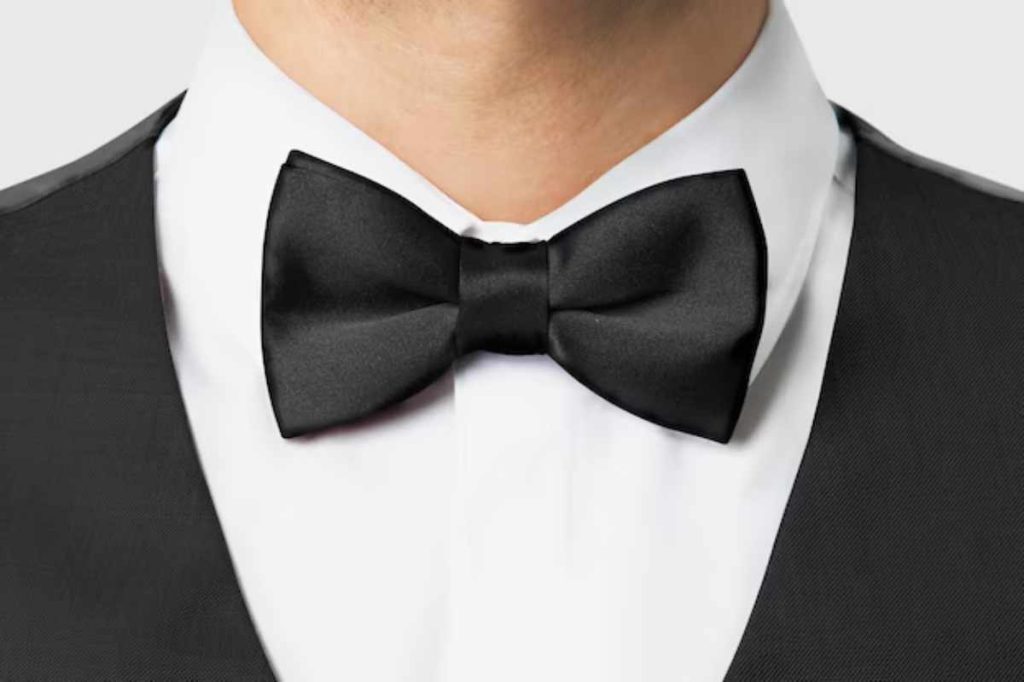Horseshoes are essential tools that protect a horse’s hooves and contribute to their overall well-being. Horses’ hooves are subject to wear and tear, mainly if used in various environments, whether in competitive events, on rugged terrain, or in everyday work.
Horseshoes come in multiple types, each tailored to different needs, conditions, and activities. In this article, we’ll explore the various kinds of horse shoes and their uses to help you understand which one is right for your horse.

The Importance of Horse Shoes
Before discussing the different types of horse shoes, it’s essential to understand why they are so important. Horseshoes help protect a horse’s sensitive and hard-working hooves. They provide protection against rough surfaces, rocky terrain, wet conditions, and even temperature extremes. Horseshoes also help with traction, providing better grip for the horse, especially when performing specific tasks like racing or jumping.
Without horseshoes, horses could suffer injuries, fatigue, or uneven wear on their hooves, potentially leading to permanent damage. Now, let’s look at the different types of horse shoes and their specific uses.
1. Steel Horse Shoes
Steel horseshoes are one of the most common types and are often the default choice for many horses. Steel is durable, cost-effective, and widely available, making it a popular option for horse owners. These shoes suit horses working on hard or abrasive surfaces like roads or gravel paths.
Advantages of Steel Horse Shoes
Durability: Steel is exceptionally durable and withstands harsh conditions without wearing out too quickly.
Cost-Effective: Steel horseshoes are relatively inexpensive compared to some other materials.
Versatility: Steel can be shaped to suit a variety of horse hoof shapes and sizes.
Common Uses for Steel Horse Shoes
Steel horseshoes are typically used for horses that work on hard, flat surfaces, such as trail horses, riding horses, and in competitive events like dressage or show jumping. They are also commonly used for horses ridden frequently and need additional support to prevent damage to their hooves.
2. Aluminum Horse Shoes
Aluminum horseshoes are another popular choice, especially for performance horses, as they are lighter than steel options. Aluminum is often preferred for horses involved in competitive sports, such as racing or eventing, due to its lighter weight and ability to reduce fatigue.
Advantages of Aluminum Horse Shoes
Lightweight: Aluminum shoes are much lighter than steel, reducing a horse’s overall weight during competition or strenuous activities.
Reduced Fatigue: Because aluminum is lighter, horses experience less fatigue when wearing aluminum shoes, which is essential for high-performance sports.
Corrosion-Resistant: Aluminum does not rust, making it ideal for horses that work in wet or humid environments.
Common Uses for Aluminum Horse Shoes
These shoes are typically used for racing or performance horses in disciplines like eventing or jumping. The lightweight nature of aluminum helps these horses perform at their best, especially in competitive scenarios where every ounce of weight counts.
3. Composite Horse Shoes
Composite horseshoes are made from synthetic materials like urethane, plastic, or rubber. These shoes are relatively new compared to steel and aluminum but offer some distinct benefits.
Advantages of Composite Horse Shoes
Lightweight: Like aluminum shoes, composite shoes are lightweight and ideal for horses in demanding competitions.
Shock Absorption: The materials used in composite shoes provide excellent shock absorption, reducing the impact on the horse’s legs and joints.
Flexibility: Composite shoes tend to be more flexible than steel or aluminum, making them a good option for horses with certain hoof conditions or those requiring more comfort.
Common Uses for Composite Horse Shoes
Composite horseshoes are commonly used for horses needing extra comfort and protection, such as horses with sensitive hooves or recovering from injuries. They are also used in disciplines where high performance is necessary but without sacrificing the horse’s well-being.
4. Rubber Horse Shoes
Rubber horse shoes are a softer alternative, often used for horses that require extra cushioning. These shoes are designed for horses that work on smooth or uneven ground, providing shock absorption and reducing the risk of injury.
Advantages of Rubber Horse Shoes
Cushioning: Rubber shoes provide excellent cushioning, which is ideal for horses working on hard or rough ground.
Noise Reduction: Rubber shoes are quieter than steel or aluminum, which can be a benefit in specific environments, such as indoor arenas.
Non-Slip: Rubber horseshoes provide good traction, reducing the risk of slipping on slippery surfaces.
Common Uses for Rubber Horse Shoes
Rubber horseshoes are often used for horses that need extra protection or comfort, such as older horses, horses with hoof problems, or horses that Work on softer surfaces, such as dirt or grass. They are also commonly used for horses in rehabilitation or recovery from injury.
5. Heart Bar Horse Shoes
Heart-bar shoes are specialized horseshoes explicitly designed to treat horses with hoof problems, particularly those with laminitis or other issues affecting the hoof wall. The heart-shaped bar in the shoe redistributes the pressure within the hoof, relieving horses suffering from such conditions.
Advantages of Heart Bar Horse Shoes
Pressure Relief: The design of the heart bar shoe helps relieve pressure from the affected areas of the hoof, aiding in recovery from laminitis and other hoof ailments.
Support: These shoes support horses with weakened or compromised hooves.
Therapeutic: Heart bar shoes are used as a therapeutic approach to treating hoof problems.
Common Uses for Heart Bar Horse Shoes
Heart bar shoes are primarily used for horses with severe hoof conditions, such as laminitis or navicular disease. Veterinarians or farriers typically recommend these shoes to help manage pain and promote healing in horses with compromised hooves.
6. Barefoot Horses
While not a traditional “shoe” option, many owners opt not to use horseshoes. Known as “barefoot” horses, these animals rely on their natural hoof growth and structure. In some cases, horses may still need hoof care and trimming to maintain their hooves healthily.
Advantages of Barefoot Horses
Natural Movement: Barefoot horses can move naturally without restricting shoes, which can lead to healthier hooves in some cases.
Cost-Effective: Not using horseshoes eliminates the cost of shoeing and maintenance, reducing expenses.
Improved Hoof Strength: For some horses, going barefoot helps their hooves strengthen and become more resilient.
Common Uses for Barefoot Horses
Barefoot horses are typically kept in natural environments and are used for light work, such as trail riding or low-impact activities. Horses with strong, healthy hooves may not require shoes unless working in extreme conditions.
Conclusion
Many horse shoes are designed to satisfy a horse’s particular requirements depending on its activity level, terrain, and hoof condition. From steel’s durability to aluminum’s lightweight performance, each type of shoe serves a unique purpose. Rubber and composite shoes provide comfort and shock absorption, while heart bar shoes offer therapeutic support for horses with hoof issues.
Choosing the right shoe for your horse depends on various factors, including the horse’s health, work, and the conditions it is exposed to. By selecting the correct type of horseshoe, you ensure that your horse remains healthy, comfortable, and capable of performing at its best.
Consulting a farrier or veterinarian can help you choose the best horse shoes for your equine companion. Proper shoeing and care can improve your horse’s comfort and performance, keeping it in top shape for years.











